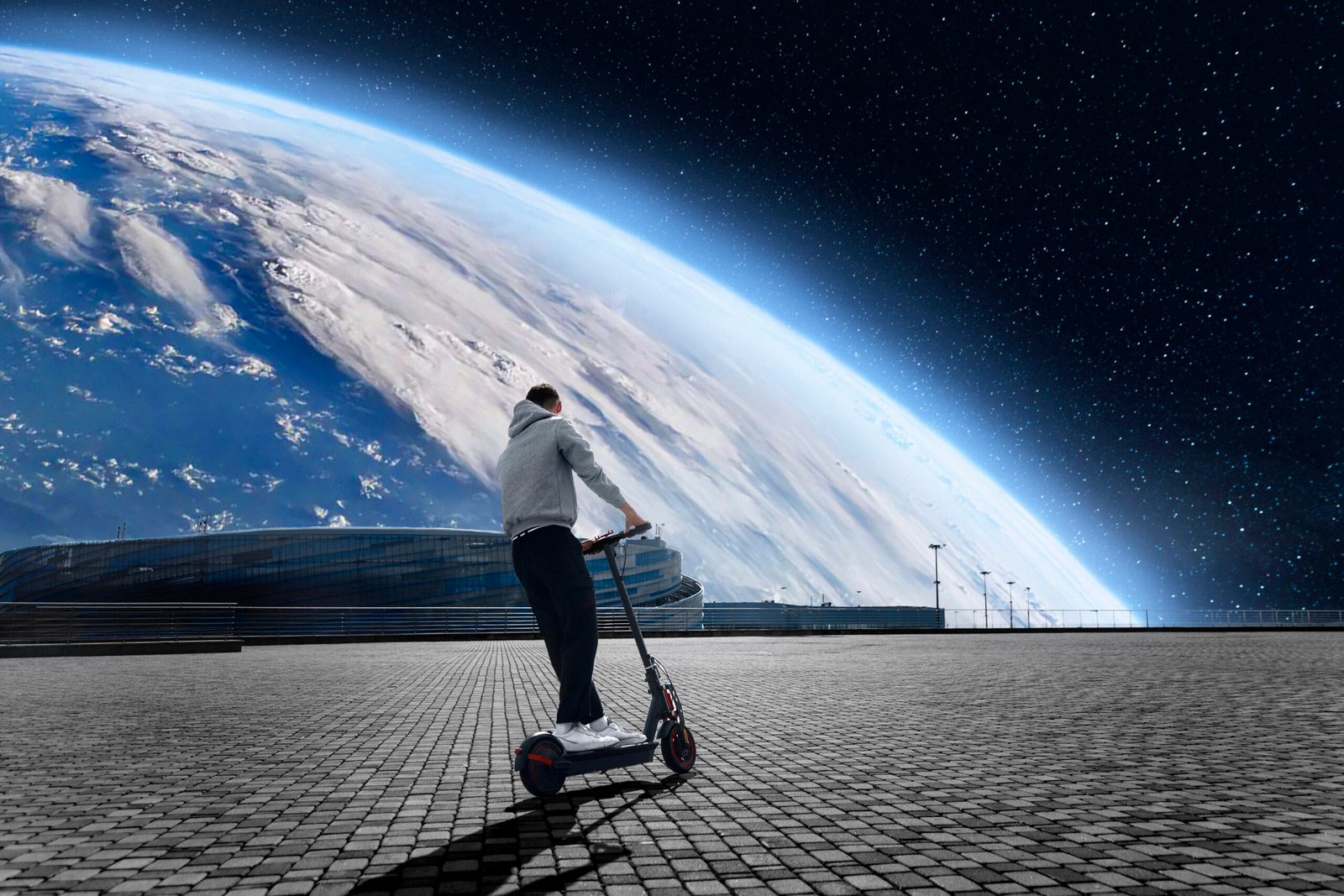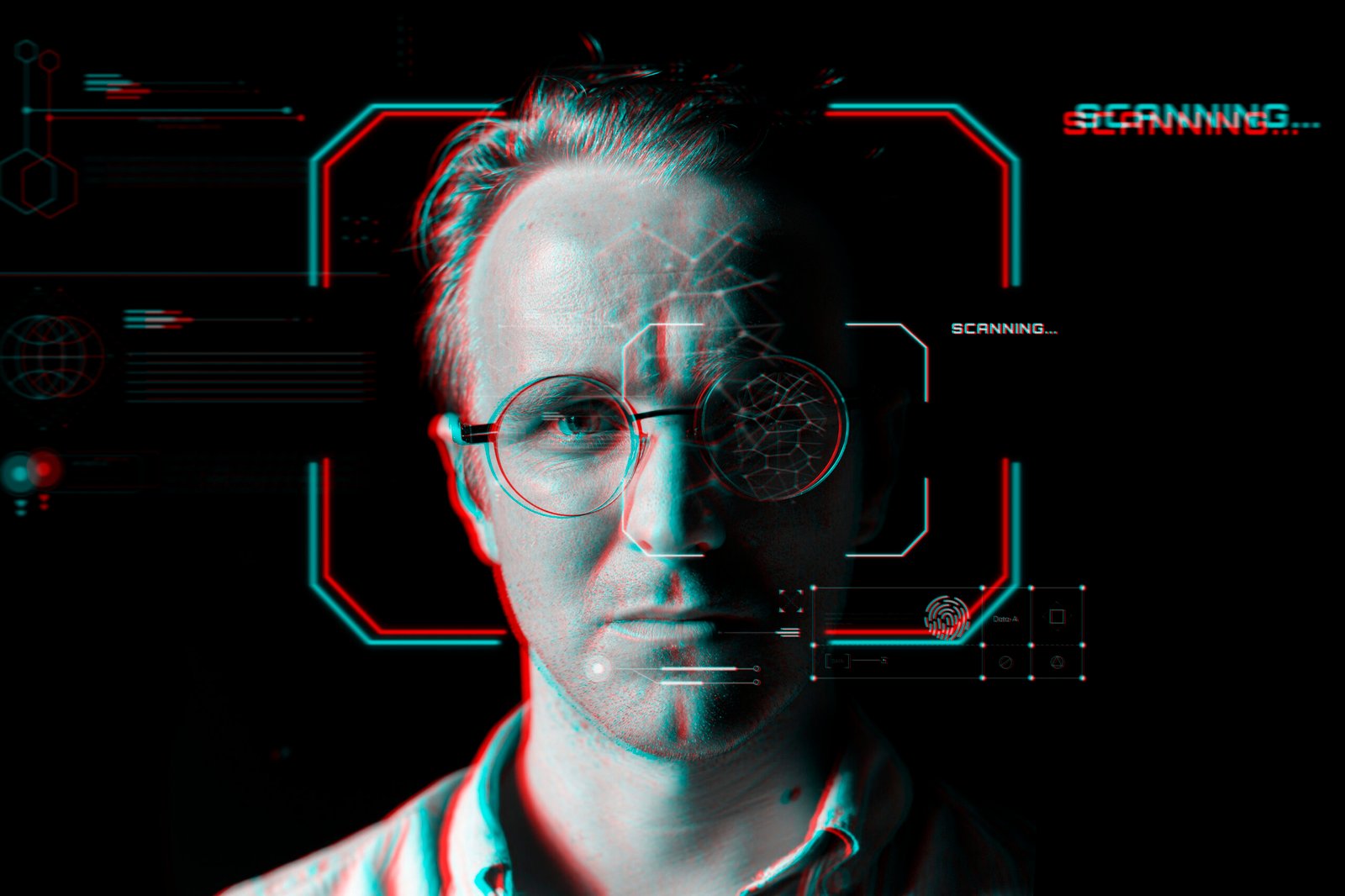The amount of advancements technology has made in the past few decades has changed every aspect of our lives. Artificial intelligence (AI) and automation have played an important role in this transformation. The impact of artificial intelligence (AI) and automation on our world today is greater than imagined. The job market is undergoing rapid changes due to automation and artificial intelligence (AI), which is redefining the work patterns and skill requirements of various industries. Artificial intelligence (AI) can think like humans, think like humans and store large amounts of data and analyze that data to solve various problems, and automation automates certain repetitive tasks, making many traditional work patterns irrelevant. . So the tasks that used to be done by humans are now done by machines or AI. As our technology is changing with time and so are the jobs, it is very important to have an understanding of AI and automation to survive in the future job market. In this article, we’ll take a closer look at how AI and automation are changing industries, how it’s impacting the job market, and how we can keep up with these changes.
What AI and Automation is
Before understanding the impact of AI and automation on the job market, it is very important to know what AI and automation are and what they actually mean.
- Artificial Intelligence (AI) – is a technology that teaches machines to think and act like humans. It is programmed to perform tasks that normally require human intelligence. It works through technologies such as machine learning, deep learning, and neural networks, enabling machines to learn from their own mistakes, solve problems, understand language, recognize patterns, and make sound decisions. Typically, AI is used to perform tasks that require large amounts of data, complex analysis, and rapid decision-making. Common examples of this include:
- Virtual assistants – Siri, Alexa
- Recommendation Algorithm – Netflix or YouTube’s recommendation system
- Autonomous vehicles – which can move without the help of a driver
- Automation – It is a process where machines can easily perform various tasks with little help from humans. It is usually able to perform repetitive tasks very quickly and accurately. Automation can be at different levels:
- Basic Automation: This is the level of automation where simple and repetitive tasks are done, which can be done quickly and without any kind of problems without human intervention. For example, data entry, file management. This saves us a lot of time, as simple tasks can be done very quickly by machines.
- Cognitive Automation: It uses AI to perform complex and intelligent tasks. Here machines can think, reason and solve problems like humans. For example, answering customer queries, analyzing data. Tasks like complex decision making are done by Cognitive Automation. Through this, machines not only work, but can also adapt themselves to take the right decisions and adapt to new situations. In short, it becomes much more intelligent when it works together with AI.
AI and automation work together to reshape the workplace or create a new type of work as well as take its place in the jobs that currently require humans to perform.
Impact of AI on various industries
AI and automation are revolutionizing various industries and changing the work style and requirements of every sector.
First, in the manufacturing industry, the use of AI and robotics has greatly increased productivity. Many tasks that could previously be done by humans are now being done by automated machines. For example, manufacturing processes are being done faster and more accurately using robots in large manufacturing plants. This has resulted in cost reduction and at the same time quality of production has also increased. But it also reduced the need for many workers, especially tasks that were manual and repetitive.
In the healthcare sector, AI is being widely used in diagnosis and treatment. AI-powered systems are being able to accurately diagnose diseases by analyzing patients’ medical histories. Besides, robotics and AI are being used in surgery and other complex medical procedures, thereby improving the quality of treatment. In this regard, the work of doctors and other healthcare workers has become easier and more accurate.
In banking and financial services, AI is being used in customer service, fraud detection and financial analysis. Various banks and financial institutions are using AI to provide automated services to their customers, such as answering customer queries, ensuring transaction security, and simplifying the loan approval process. Fraud detection has also become much easier as large scale data analysis can be done using AI.
The use of AI in the education sector is increasing. AI is being used to create personalized learning experiences for students. AI-powered systems are able to analyze the learning speed and style of students and determine appropriate learning methods for them. It is helping to improve the quality of education and enhance the skills among the students.
The impact of automation on the job market
Advances in automation and artificial intelligence (AI) are causing many changes in the job market, which may have a more profound impact in the future. Here are some of the key ways these technologies are impacting the job market:
- Increased productivity: Automation and AI automate processes to complete tasks faster and with fewer errors. As a result, companies can increase their productivity and reduce costs. By using automated systems, more work can be done in less time, which creates huge benefits for businesses.
- Changing skill requirements: The proliferation of AI and automation is creating new skill demands across jobs. As mundane and repetitive tasks decline, the need for technical skills such as data analysis, programming, and machine learning will increase in the future. Upskilling will become essential to survive in the job market.
- Job Displacement: As many repetitive tasks are done by machines due to automation, related jobs will be at risk. For example, jobs such as manufacturing, customer service, and data entry may decrease. This may have a negative impact on some industries and communities, where it will take time to create alternatives to conventional work.
- New job opportunities: Automation and AI will create new types of jobs, along with creating technologies. Areas such as software engineering, data analytics, cyber security, and AI systems maintenance will be especially in demand. These new job opportunities will be directly related to technology development and implementation.
What Jobs Are at Risk of Being Replaced by Automation and AI
Advances in automation and artificial intelligence (AI) put some jobs at relatively high risk of being replaced, especially jobs that require a lot of people and that require repetitive work. Here are some of the jobs that are at risk due to AI and automation:
- Manufacturing jobs: Many jobs in the manufacturing sector require a lot of people, such as assembly line operations. Robots and machines have taken these jobs away from humans because machines can do them faster and without mistakes.
- Administrative jobs: Administrative tasks that used to require a lot of people now require almost zero people, such as data entry, record-keeping, and appointment scheduling, which are now easily done through automation. AI and automation software handle such repetitive tasks, thereby reducing the need for administrative work.
- Transportation jobs: Truck driving, delivery driver, or taxi driver occupations are at risk due to the development and expansion of commercial use of self-driving cars. This technology has the potential to automate the transportation sector.
- Customer Service Jobs: AI-powered chatbots and automated customer service systems are already being used in the customer service sector. Tasks like answering common questions or registering complaints are now being done by AI, putting many customer service professions at risk.
Also, retail cashier, telemarketing, and routine accounting jobs are also at risk of being replaced by automation. Advances in technology are changing many jobs and creating new skill requirements in future job markets.
What Jobs Are Safe from Automation and AI
Even with advances in automation and AI, there are jobs that are still insecure, making it difficult for AI and automation to take over those jobs. Generally, jobs that rely on creativity, critical thinking, human empathy, and social skills. Below are some examples of jobs that are not at risk due to automation and AI:
- Healthcare Jobs: The jobs of doctors, nurses, therapists and other healthcare professionals rely on a high level of critical thinking, patient communication, empathy and complex problem solving. These tasks require human interaction and interaction with humans, but AI and automation are not yet capable of performing these tasks, so it is difficult to replace them with automation.
- Educational Job: The job of teacher or teachers is not limited to imparting information. They connect with students, understand their learning needs and teach students in creative ways. Human interaction and creativity play an important role in these types of tasks, which cannot be replaced by machines.
- Creative Work: The work of artists, writers, designers, photographers, and musicians relies on creativity, generating new ideas, and personal experiences. AI and automation can help humans perform these tasks, but it is impossible to fully replace human creativity.
- Management Functions: Directors (managers) are responsible for leading, coordinating and making strategic decisions in an organization’s team. These jobs require leadership, intelligence, assessment of complex situations and teamwork skills, which cannot currently be properly replaced by AI or automation.
- Human and Social Service Jobs: Counselors, social workers, and other professions require direct contact with or interaction with people and understand their emotional state in order to provide emotional support and to solve social problems. These professions require deep human relationships and emotions, so it is by no means possible to completely replace this work with AI.
Such tasks require human thinking, feeling and creativity, so it is very difficult to replace them with machines or AI.
What will the job of the future look like
The job market of the future will see a huge increase in demand for people who are highly tech-savvy or tech-savvy. Also, the demand for cutting-edge technologies such as artificial intelligence (AI), data analytics, robotics, and machine learning will continue to grow. But not only technical knowledge but also human creativity skills and critical thinking skills will become very important. Below are some key aspects of this change:
- Technical Skills Needed:
- Data Science: People skilled in analyzing and using large amounts of data will be much needed in the future.
- Machine Learning and AI Development: People who can develop machine learning algorithms and AI models for AI innovation and development will be in high demand.
- Software Development: The need for skilled software developers to build the technical infrastructure will increase in the future.
- Robotics Engineering: The need for skills in this field will increase with the improvement of robotic technology and automation.
- Demand for creative work:
- Design and Content Creation: AI and automation processes are not effective in all areas. People are still very important when it comes to creative thinking, generating new concepts, and making emotional connections with people.
- Marketing: Understanding customer attitudes and social trends requires creative and strategic thinking, which is not possible with machines.
- Proper use of AI management and technology:
- No matter how advanced AI and automation are, they will require deep human knowledge and skills to manage, control, and implement them.
- Critical thinking and social analysis: Human roles are essential in tasks that require deep thinking and human values to ensure the ethical and effective use of AI.
As technology advances are bringing about major changes in the job market, they are also creating great opportunities for new skills. Those who acquire technical skills as well as creative thinking and critical analysis abilities will have the most success in the job market of the future.
How will you prepare?
Acquiring new skills is essential to survive in a job-market influenced by AI and automation. Learning programming and coding knowledge such as Python, Java, and other programming languages is an important step in this regard. Because programming skills are essential to perform AI-based tasks. Also, skills like machine learning and data analytics will be extremely useful to meet the technological needs of the future.
But learning not only technical skills but also creativity and strategic thinking is very important. Automation and AI have limitations where human skills such as empathy, problem-solving techniques, and leadership are crucial. Acquiring such skills will help you succeed in the job market even in the age of AI and automation.
You can easily learn these skills through online courses and certification programs. AI, machine learning, programming, and other technology-related courses are available on popular online platforms like Coursera, Udemy, and edX. Such courses will help you enhance your knowledge and skills and keep you competitive in the future job market.
Conclusion
The extent to which AI and automation are changing the workplace has opened up a new horizon in the job market. Many traditional jobs are disappearing, but at the same time new job opportunities are being created based on new technologies and creativity. To adapt to this change, the only way is to adapt yourself to current and future needs.
Those who are willing to learn technical skills such as programming, machine learning, and data analytics, while also being able to master creative and strategic thinking, can build successful careers in the age of AI and automation. So, focus on acquiring new skills from today and prepare to sustain yourself in this era of change.






